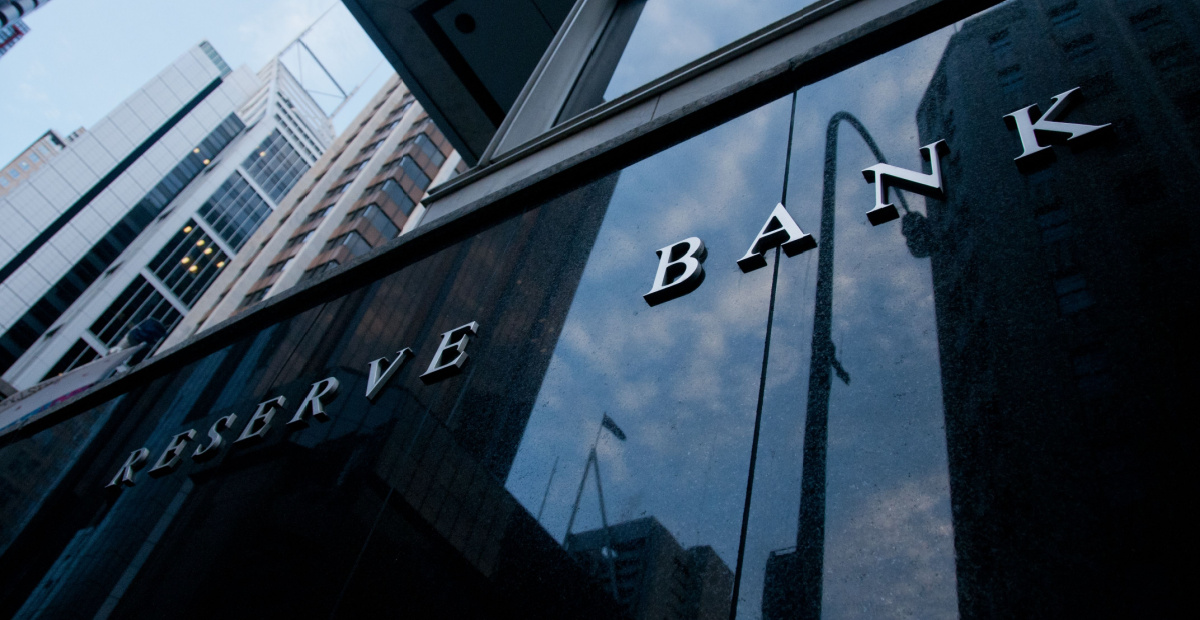Zero interest rate ‘inevitable’

The march towards a zero interest rate in Australia may be inevitable due to a weakening local economy and increasingly strained household budgets, according to a leading analyst from Aussie boutique investment firm Quay Global Investors.
Chris Bedingfield principal and portfolio manager at Quay argues that the financial squeeze facing Australian households today is the direct result of the Federal Government’s fiscal policy rather than, as is often assumed, monetary policy directed by the country’s central bank – that is, the setting of interest rates.
“One of the biggest macroeconomic lessons learned from the Global Financial Crisis (GFC) is investors tend to overestimate the impact of monetary policy and underestimate fiscal policy,” he said.
“Even today, the amount of time dedicated to the impact of fiscal balances pales in comparison to the scrutiny dedicated to central bank actions.”
Bedingfield said he expects the Australian economy to continue slowing, owing in large part to the fiscal policy being pushed by Canberra.
He argues that ongoing fiscal tightening will continue to strain household budgets, eroding household’s savings and spending power.
“By law, the federal government requires employees and households to save while simultaneously depriving these households of the net financial assets required to support such savings,” Bedingfield said.
“If households are required to run a fiscal surplus (save) equal to roughly 10 per cent of income, and the federal government refuses to run a fiscal deficit, one of two scenarios play out:
- The household sector borrows the 10 per cent difference to maintain consumption, or
- Households can only spend 90 per cent of income in any one period resulting in a decline in economic activity from one period to the next.
While the first option may “sustain economic growth for a while”, it will come at the cost of rising household debt.
“[At] some point, as debt balances swell, the appetite for additional household credit wanes, spending will slow and the economy sheds jobs,” Bedingfield said.
He added that, “as they did prior to the pandemic, households will turn to credit to maintain consumption”. In response, the “RBA will accommodate this need via monetary policy”.
“In the absence of a change in fiscal policy, this consumer and policy cycle will repeat until we approach zero (again). The only uncertainty is the timing.”
“Recent data suggests the RBA may soon change tack and cut interest rates, beginning the march towards zero interest rate – not because of high inflation, but due to a weakening Australian economy.












APRA's Suzanne Smith either ignorance, or a pig headed inability for self evaluation. APRA and politicians are a key reason…
48...
Summed up precisely
GOTCHA!!!!!!! The hide of this corrupted fool. It just goes to show the level of corruption the Industry Funds are…
I would love to hear more about this story and if the meeting was recorded?